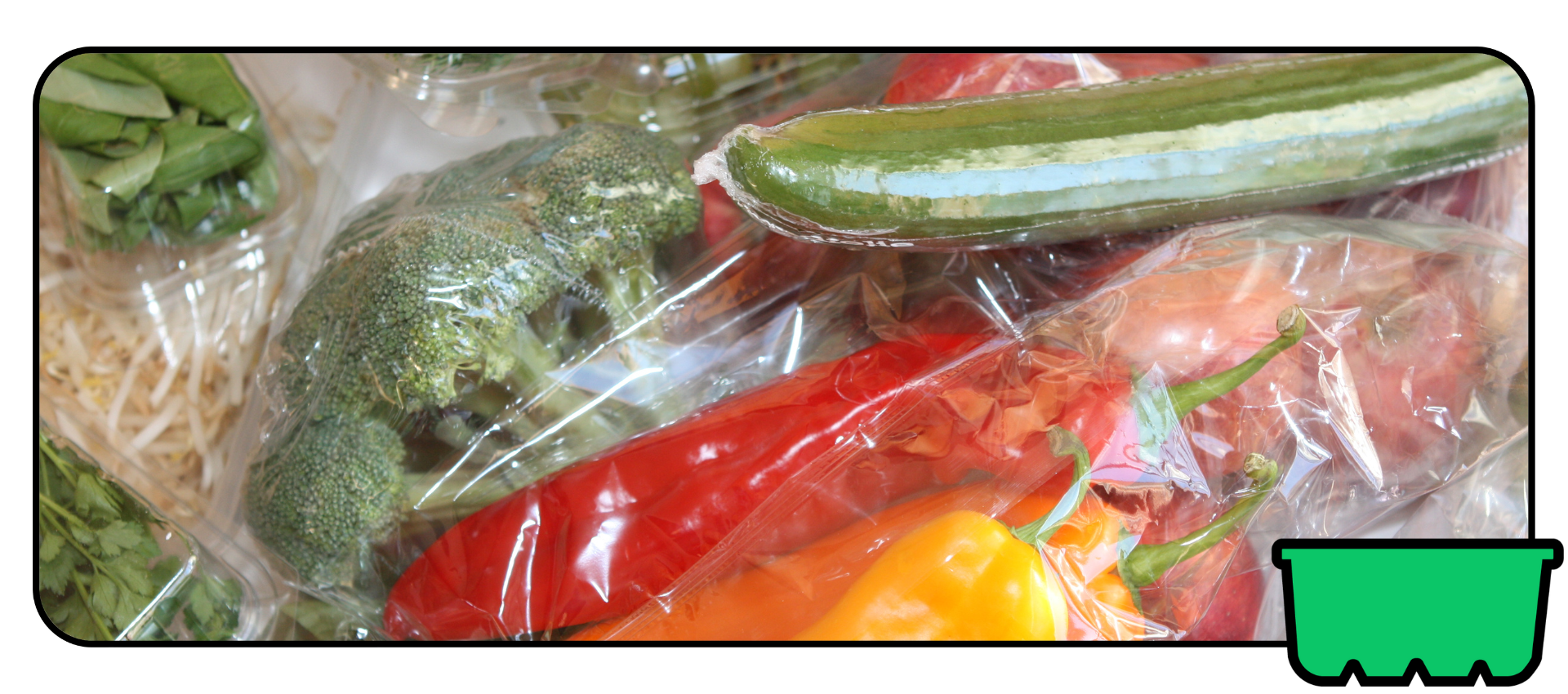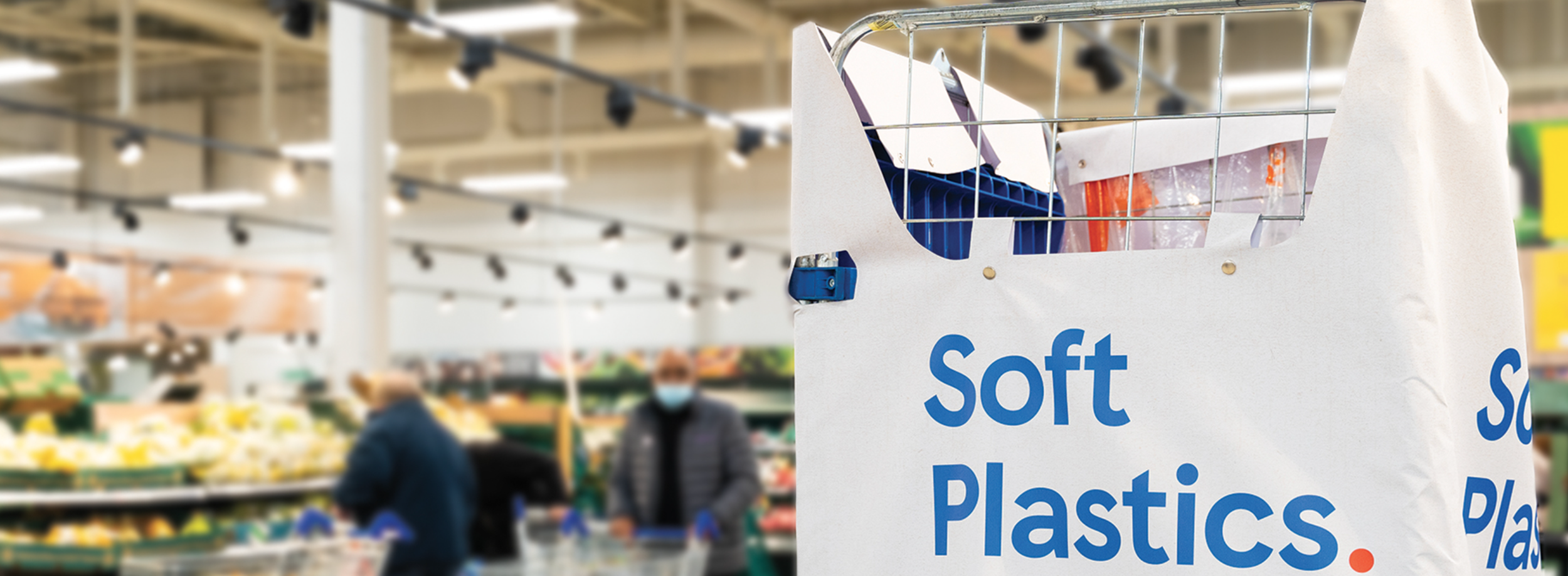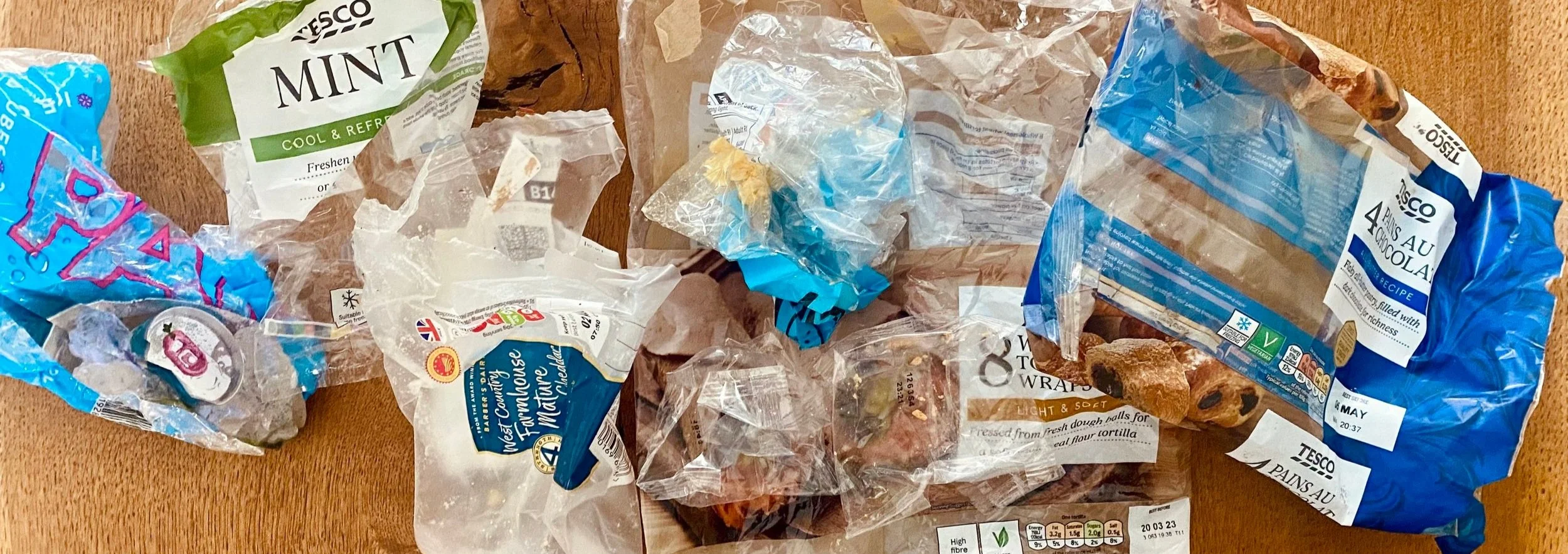The murky world of soft plastic recycling
Our recent content about soft plastic take back schemes prompted hundreds and hundreds of emails from members of our community concerned about what they should do with their soft plastic.
Here’s a quick recap…
Supermarket soft plastic take back schemes are being rolled out in thousands of stores across the country. On the surface, this sounds really positive, but with closer inspection, it's clear that these 'recycling' schemes are not necessarily the answer to all of our plastic problems.
Let’s start on an optimistic note. Whilst supermarket soft plastic take-back schemes present a number of issues, their widespread use by shoppers indicate a couple of positive shifts:
Only 13% of local councils collect certain soft plastic, so if you put it into your kerbside collection at home, it is very unlikely to be recycled. And if you put it in your rubbish bin, there is zero chance of it being recycled! Using supermarket soft plastic schemes does at least give it the best chance of actually being recycled.
The huge number of people taking back their soft plastic to the supermarkets demonstrates an increased awareness of the plastic problem and the desire to do something about it. You are part of a growing movement of people who are committed to tackling the plastic problem.
So, why are soft plastic take-back schemes a problem?
1) It’s hard to recycle soft plastic
The soft plastic packaging that we throw away is a mix of many different types of plastic, along with a bunch of other materials and plenty of ink. This makes it massively challenging to recycle and as such it will largely be downcycled into items such as bin bags, buckets and construction materials, rather than being recycled and turned back into food & drink packaging again.
2) Soft plastic exports lack transparency
And if it’s not being recycled in the UK, then what is happening to it? This is where the problem gets especially murky. Many soft plastics are being exported in order to be recycled in other countries. But as a Bloomberg investigation discovered, the plastic ends up sitting baled up on an industrial estate, or in many cases, is getting incinerated.
3) Growing amounts of soft plastic with limited reprocessing potential
Over recent years we have seen major brands and retailers moving to soft plastic packaging as a way to reduce the weight of plastic content in their packaging. But UK recycling facilities have a severely limited ability to reprocess soft plastics because there is not a decent enough market for the end product. This has been further compounded since the news of Morrison’s co-owned soft plastic recycling facility going into administration.
4) Soft plastic take back schemes normalise the huge amount of unnecessary soft plastic packaging produced
We recognise that effective recycling systems are an important element of a circular economy and a way to manage the soft plastic packaging that cannot be prevented. But collection schemes like this only serve to maintain the status quo as they do not address the crux of the issue. There is simply too much plastic in circulation. The priority should be on reducing the vast amount of unnecessary plastic packaging on our shelves, through increasing the roll out of reuse and refill initiatives.
We know, it sounds pretty depressing but it is *not* your responsibility – brands and supermarkets need to be held accountable for peddling this model.
As a supermarket customer, there are ways that you can take back control of your weekly shop. Here are some practical actions you can take:
Choose loose produce if available or affordable
Reuse plastic bags for bin liners, dog poo collection or storage
Bulk-buy where possible, as multiple smaller packets creates more plastic
Take your own containers or reusable bags to the supermarket, cornershop, butcher, baker, market or greengrocer.
Here at Everyday Plastic, we’re trying to find out exactly what is happening to all the soft plastic packaging that you’re taking back to the supermarket. And it’s not easy…
Very few supermarkets are telling us what they’re doing with the soft plastic that they’re collecting from their shoppers. There is a distinct lack of clarity and transparency on their websites, so we have been asking them…
What do you do with all the soft plastic that your customers return to your stores?
Now we need your help – can you get in touch with your local supermarket and ask them the same question? We want to hear from them, so when you get a response, please email it to us at hello@everydayplastic.org.



